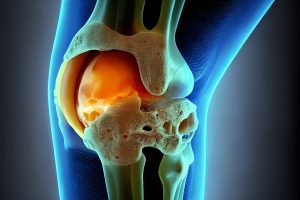Sleep deprivation while working 24-hour shifts affects heart function, a new German study suggests.
“These findings may help us better understand how workload and shift duration affect public health,” said lead researcher Dr. Daniel Kuetting, from the department of diagnostic and interventional radiology at the University of Bonn.
“For the first time, we have shown that short-term sleep deprivation in the context of 24-hour shifts can lead to a significant increase in cardiac contractility [the degree to which heart muscle contracts], blood pressure and heart rate,” Kuetting said.
The study included 20 healthy radiologists with an average age of nearly 32 years. The participants’ heart function was checked before and after a 24-hour shift in which they got an average of three hours of sleep.
After the shift, the participants showed significant changes in blood pressure and heart rate, along with significant increases in levels of certain hormones. One of these hormones, cortisol, is released by the body in response to stress.
It’s common for people in fire and emergency medical services, medical residencies and other high-stress jobs to work 24-hour shifts with little opportunity for sleep. But, according to the researchers behind the new study, this is the first study to examine how a 24-hour shift affects heart function.
The study was scheduled for presentation Friday at the annual meeting of the Radiological Society of North America, in Chicago. Research presented at meetings is viewed as preliminary until published in a peer-reviewed journal.
Further research with a larger group of participants is needed to assess the long-term effects of sleep loss on heart function, Kuetting said in a society news release.
He also said the findings likely apply to other professions in which people work long stretches without sleep.
More information
The U.S. Centers for Disease Control and Prevention has more on sleep.
Copyright © 2024 HealthDay. All rights reserved.













-300x200.jpeg)
-300x213.jpeg)










